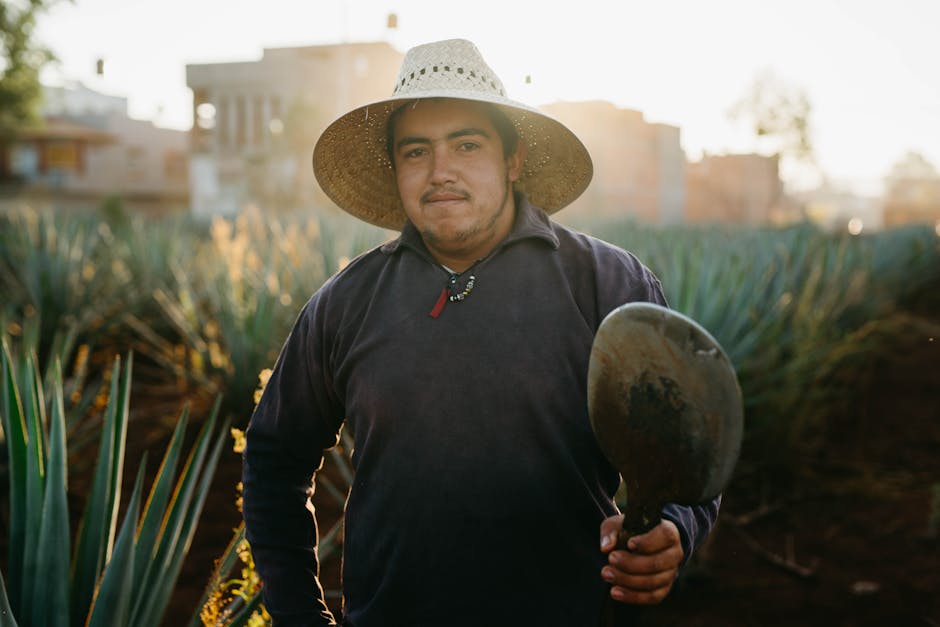Agriculture, the bedrock of human civilization, is undergoing a profound transformation. Modern farmers confront a complex web of challenges that extend far beyond the familiar issues of weather and crop yields. This article delves into some of the most pressing obstacles faced by agricultural producers in the 21st century, examining their multifaceted nature and potential solutions.
A significant hurdle for contemporary farmers lies in the escalating cost of production. Input prices, encompassing fertilizers, pesticides, seeds, and fuel, have risen dramatically in recent years. This inflationary pressure erodes profit margins, squeezing already-thin operating capital. The increased cost of equipment maintenance and repair further exacerbates the financial strain. Farmers often find themselves caught in a cycle of rising expenses with limited avenues for price increases in their produce, leading to a precarious financial situation.
Beyond the economic pressures, several critical environmental considerations burden agricultural practices. Climate change presents a significant threat to consistent harvests. Extreme weather events, such as droughts, floods, and heat waves, are becoming more frequent and intense, disrupting planting schedules, impacting crop yields, and damaging infrastructure. The unpredictable nature of climate also affects livestock production, posing a significant challenge for farmers reliant on stable conditions. Water scarcity, another environmental challenge, necessitates innovative irrigation strategies and careful water management practices to ensure sustainable agricultural output.
Sustaining ecological integrity while ensuring high yields is a constant tension for modern farmers. Overuse of synthetic fertilizers and pesticides has detrimental impacts on soil health, water quality, and biodiversity. Farmers are increasingly recognizing the value of sustainable farming practices, including crop rotation, cover cropping, and integrated pest management. Implementing these methods, however, frequently requires substantial upfront investment in new knowledge and techniques, often placing them at a disadvantage to conventional farming approaches.
Another pervasive challenge is the ever-shifting global market demand and volatile pricing structures. Agricultural commodity prices fluctuate dramatically due to factors including global trade disputes, economic downturns, and shifts in consumer preferences. Farmers frequently struggle to anticipate and adapt to these fluctuations, leading to uncertainties in planning and a greater risk of financial losses. Furthermore, international trade regulations and policies often create barriers to entry or disadvantage specific farming sectors.
The workforce is a pivotal concern for the long-term viability of agriculture. An aging farmer population coupled with a dwindling pool of younger generations willing to take over family farms represents a serious threat to the agricultural workforce. Attracting and retaining skilled labor is crucial to ensure continuity in agricultural practices and knowledge transfer. Developing programs to provide education and training in modern agricultural technologies, and creating incentives for youth to engage in farming are crucial components in addressing this demographic challenge.
Technology plays a dual role in the challenges and solutions facing modern farmers. While new technologies like precision agriculture, automation, and data analytics offer unprecedented opportunities to optimize yields and reduce input costs, these advancements often come with high initial capital investments. Farmers might face challenges in acquiring the necessary skills to effectively use such advanced technology or in accessing reliable digital infrastructure. Furthermore, digital dependency brings concerns about data security and potential disruptions in technology access.
Marketing and consumer awareness are integral elements for farmers looking to connect with consumers. Consumers are increasingly demanding transparency in the food supply chain and an understanding of the practices used in farming their food. Building trust and fostering consumer awareness is essential to meet rising expectations and overcome issues like food fraud or the perception of unsustainable methods.
Addressing these multifaceted challenges necessitates a multifaceted approach. Government support through financial assistance programs, research and development initiatives, and policies promoting sustainable agriculture is paramount. Education and outreach programs, aimed at equipping farmers with the knowledge and skills needed for sustainability, are also crucial. Collaborative efforts between farmers, researchers, policymakers, and consumers can lead to the development of innovative solutions for a more resilient and sustainable agricultural system.
In conclusion, the challenges faced by modern farmers are not just isolated problems but are deeply interconnected. Addressing these issuesfrom escalating input costs and climate change to workforce shortages and volatile marketsrequires a holistic and collaborative approach that empowers farmers with knowledge, resources, and support to maintain the vital role of agriculture in a rapidly changing world. By acknowledging the complexity of these challenges, we can pave the way for a more sustainable and prosperous agricultural future.












